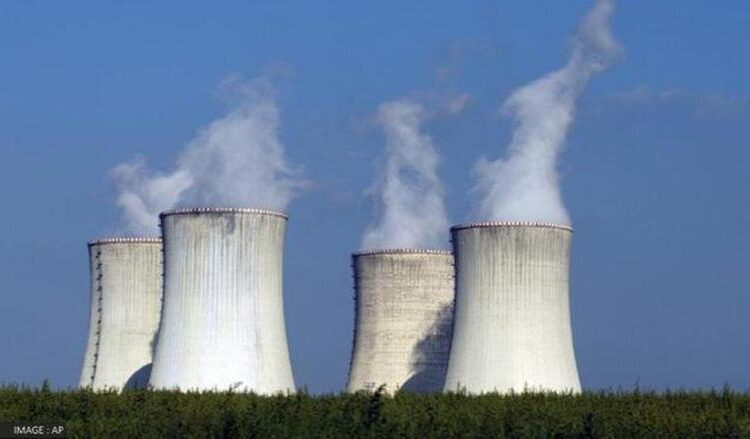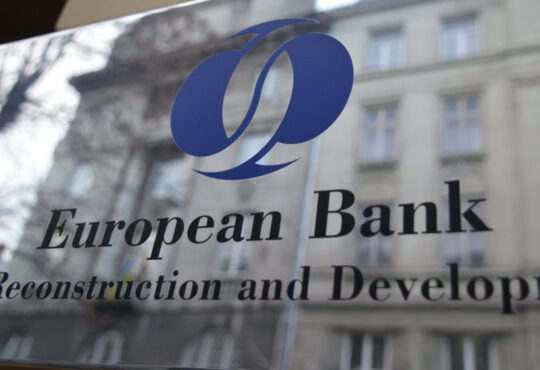
The European Union continues to move forward with its ambitious competitive “green industry” plans for the future, and it looks that Germany is prepared to subsidise nuclear power for everyone but itself. Brussels has long bragged about its plans to have a “climate neutral” economy with net zero emissions of greenhouse gases by the year 2050. Nonetheless, there has been disagreement within the bloc over whether to fully or partially include nuclear power as part of the EU’s decarbonization efforts.
The European Commission finally acknowledged that nuclear energy can, under some circumstances, be considered sustainable for the “green” camp of investments on March 16 when it released its draught Net-Zero Industry Act (NZIA). The plan refers to “small modular reactors,” sometimes known as SMRs, and “new technologies to create electricity from nuclear processes with low waste from the fuel cycle.” The SMRs are modern nuclear reactors with a 300 MW(e) maximum power output per unit.
“Significant contribution to decarbonisation,” by nuclear energy: European Commission
Although the European Commission lists nuclear as a technology that “will make a significant contribution to decarbonisation,” it was not included on the list of “strategic” technologies, which “will receive particular support and are subject to the 40% domestic production benchmark.”
Ursula von der Leyen, the president of the European Commission, stated at a recent EU summit that “only the net-zero technologies that we deem strategic for the future – like solar panels, batteries, and electrolysers, for example – have access to the full advantages and benefits,” adding that “cutting-edge nuclear is in for specific fields, but not for all.”
France and Belgium are major nuclear energy user in Europe
As a result, the Next Generation EU fund is used by the European Union to provide funding for the creation of green technology and infrastructure (NGEU). The COVID-19 pandemic economic recovery package, also known as the European Union Recovery Instrument, was introduced with the goal of fostering the development of a “greener” future.
The two countries in the EU that use nuclear energy the most are France and Belgium, both of which are actively building new plants. France has pushed for nuclear energy to be listed among the green technologies because it derives around 70% of its electricity from nuclear power plants.
Nonetheless, Germany is the EU member state making the largest contribution to the Next Generation EU fund after choosing to abandon nuclear power and gradually phase it out in the wake of the Fukushima tragedy in Japan in 2011. This has already stoked unrest in the Bundestag, the German parliament. The fact that the German government allots funding for technology that it will not develop domestically incensed a number of German politicians.
In an effort to phase out nuclear energy and coal-fired power plants, Germany shut down three of its final six nuclear power reactors on January 1 of this year: Brokdorf, Grohnde, and Gundremmingen C. The Berlin government promoted natural gas as a transitional technology. But, in light of the European energy crisis, German Chancellor Olaf Scholz suggested extending operations at the remaining three units.
Published:






